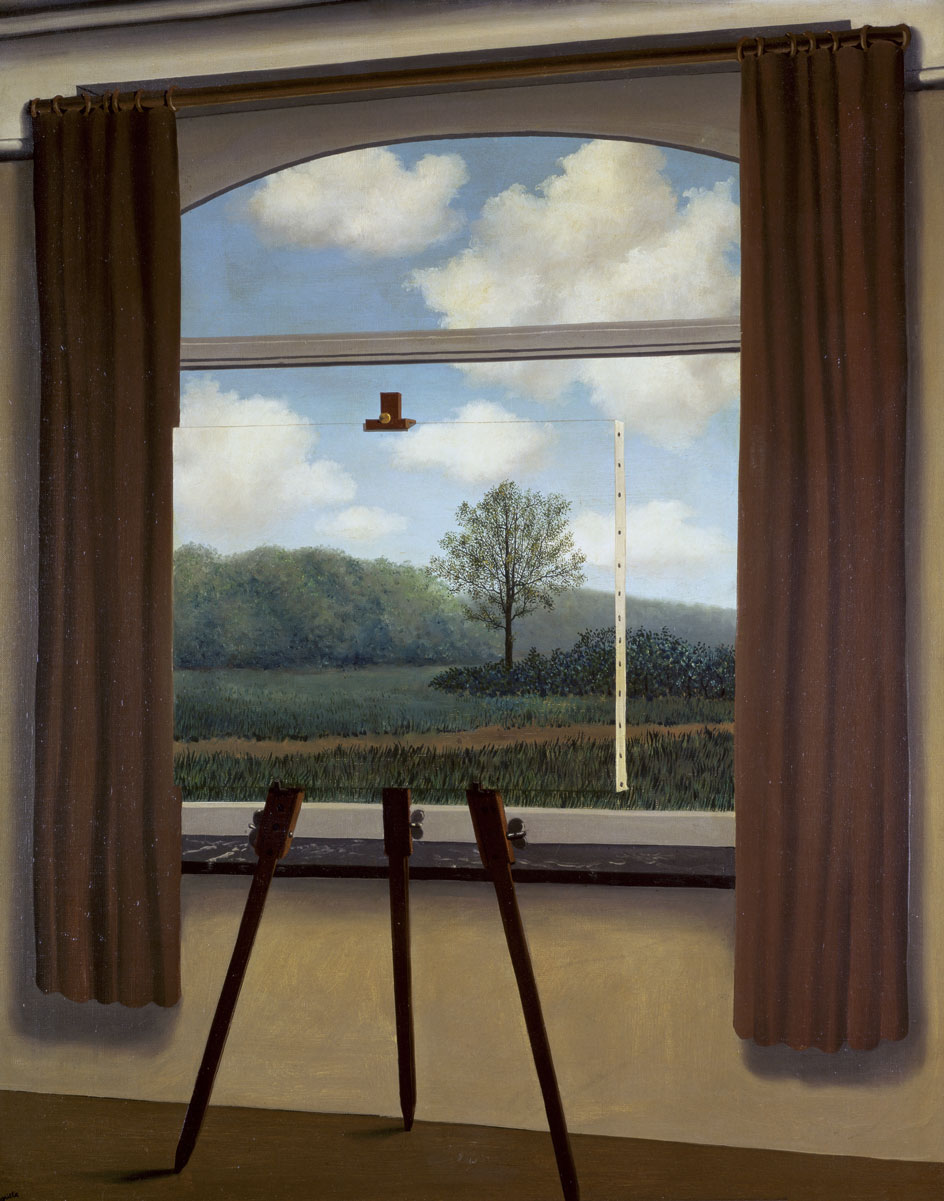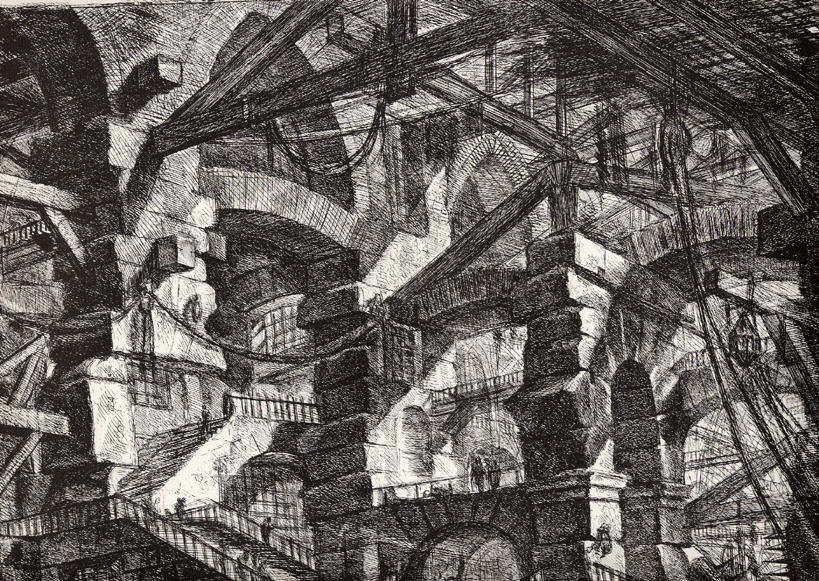My scholarly interests include Aesthetics and Art Theory (particularly the history of the arts and architecture in the past two centuries), Freudian and Lacanian Psychoanalysis, and, in recent years, Philosophy and Technology. Although I would never claim to be an Historian, I think that the only Philosophy worth doing is historical in nature—both informed by the broader material context within which every thinker lives and dealing with the specific problem of the “History of the Present”. Who are we now? How did we become what we now are? And where could we go from here? To my mind these are the interesting questions.
In recent years, I have been working to join my scholarship more closely to my teaching. I’ve done this, first, as Le Moyne’s McDevitt Core Professor, by developing a senior digital technology course in our core curriculum that allows students to pursue their own senior capstone projects (“signature work”) with mentors from their discipline of choice. Second, in an effort to revive a long tradition of popular but rigorous philosophical writing, I’ve also explored philosophy that uses the tools of narrative. The first fruit of this turn is my new book, Diving for Pearls: Exploring Philosophy with my Father.

Scholar
Since my first reading of the history of philosophy as an undergraduate, I have been fascinated by the turn to consciousness, or what philosophers call the “subjective turn”, that defines “modern philosophy.”
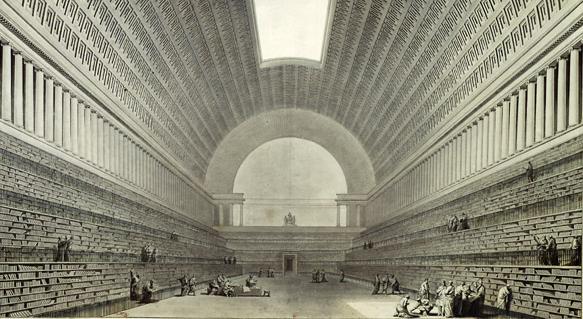
Teacher
Philosophy is the quintessential “seminar” discipline: the universally acknowledged example of Socrates in the marketplace (while itself controversial as a model for philosophical dialogue) already suggests the importance of discussion in the philosophy classroom.

Director of the Core Emeritus
In a time when Liberal Arts in American higher education are on the defensive–squeezed between education’s increasing unaffordability and the demands by a stressed middle class to provide vocational training–it is tempting to retreat to a comfortable pessimism; to tend the fires of inquiry for the few prepared (and able to pay!) for it, while ceding the transformation of our colleges and universities in general into what the Germans call “Technische Hochschule”. Read more . . .
Recent Articles by Tom Brockelman
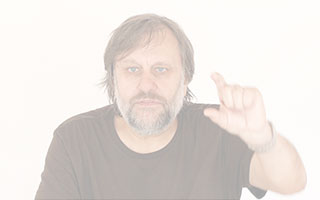
“Heidegger” Entry for The Žižek Dictionary
The Žižek Dictionary, edited by Rex Butler, features many of the most important interpreters of Žižek’s work, each offering a short critical article about an aspect of that work central to their own interpretation. On the strength of my approach from Žižek and Heidegger: The Question Concerning Techno-Capitalism (Continuum, 2008), Butler asked me to do an entry on Heidegger, one that would both recount the main points of my critical reading and consider Žižek’s development since my book’s publication. The result is the following article.
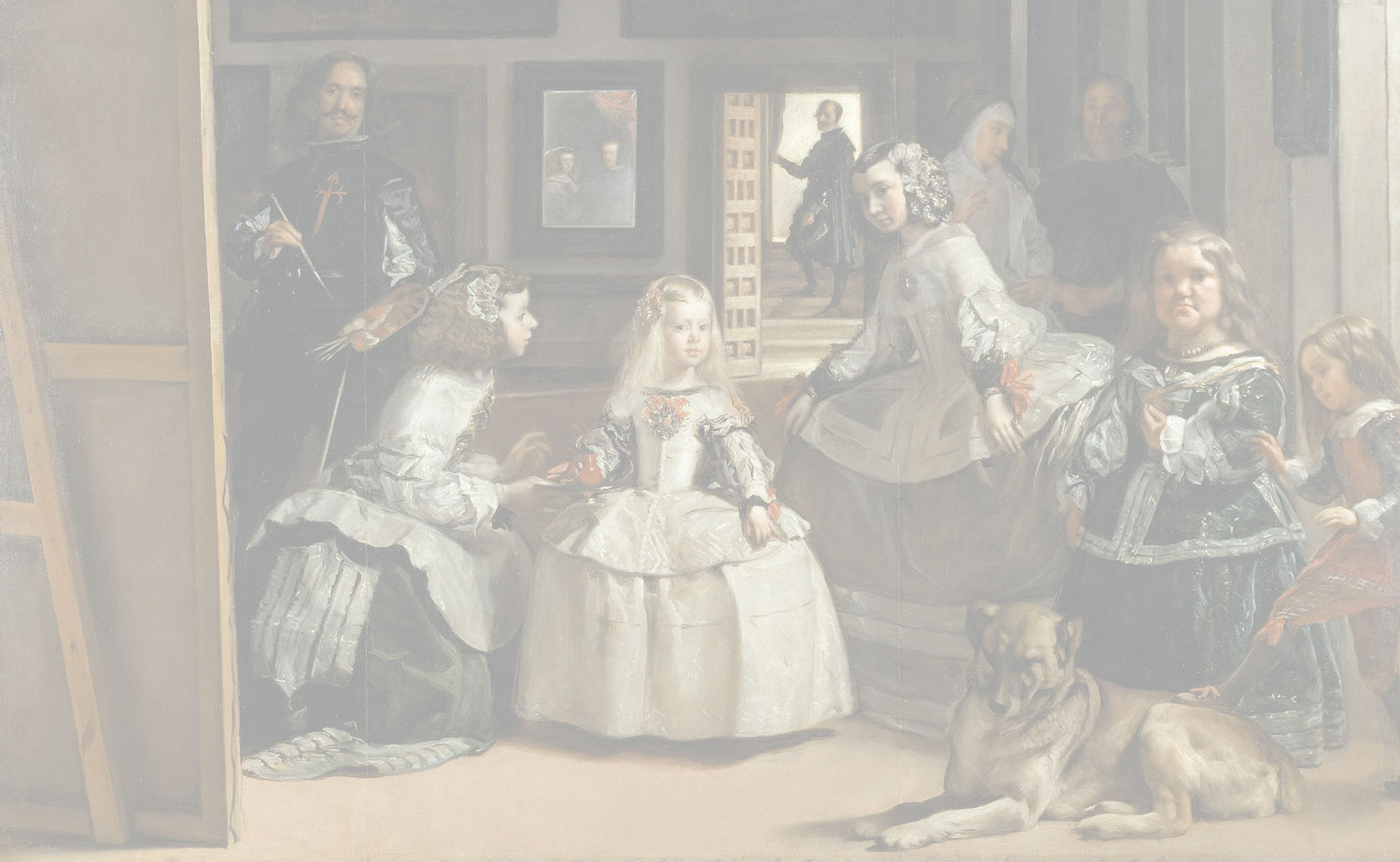
The Other Side of the Canvas
This essay suggests that the minimal 1966 exchange between Jacques Lacan and Michel Foucault in Lacan’s seminar actually stood in for a much fuller debate about modernity, psychoanalysis and art than its brevity would indicate. Using their contrasting interpretations of Velázquez’s painting, Las Meninas, as its fulcrum, ‘‘The Other Side of the Canvas’’ discovers a Lacanian critique of Foucault’s history of modernity, circa The Order of Things. The effort here is to insert the interpretation of Velázquez into the context of both Lacan’s ‘‘Science and Truth’’ (originally the first session of the 1966 seminar) and Foucault’s recently published book. Our interpretation develops above all from Lacan’s contrast between the definition of a painting as a ‘‘window’’ and Foucault’s implicit understanding of it as a kind of ‘‘mirror’’—a distinction in which Lacan discovers his seminal concept of ‘‘object a.’’ Pursuing the understanding of object a as the ‘‘surface’’ of the perspectival window allows us to understand why Lacan expands the discussion of Velázquez both into an understanding of twentieth-century paintings (Magritte, Balthus) and an implicit interpretation of the difference between philosophical and psychoanalytic approaches to science and history.

Following Atheism
Setting out from a debate between two contemporary Lacanians (Adrian Johnston and Slavoj Žižek) about the religious significance of psychoanalysis, this paper argues that what such analysis really has to offer to a discussion of religion is purloined by the current round of academic polemics about its “revival.” I demonstrate that the “site” of a meeting of psychoanalysis and religion is the “fundamental fantasy,” tracing that concept’s history from its Freudian pre-history through Lacan and showing it to coincide closely with both Freud’s and Lacan’s criticism of religion. In the second step, I show how the “fundamental fantasy” equally supports Johnston’s militant anti-religiosity and Žižek’s comparably militant argument for a revolutionary, transformed religion. “Following Atheism” then traces the critical weaknesses of either position, noting how both lead to internal contradiction, to a failure to live up to the basic ethical claims of psychoanalysis. The final step of the argument shows that, between them, these anti- and pro- religion polemics conspire to hide a single critical task for psychoanalytic theory today: they do so because what is emerging in our world defies description as either “anti-religion” or “religion.” Turning to a deeper thread of Žižek’s thought, “Following Atheism” asserts this basic transformation/replacement of fantasy underway in contemporary society.

